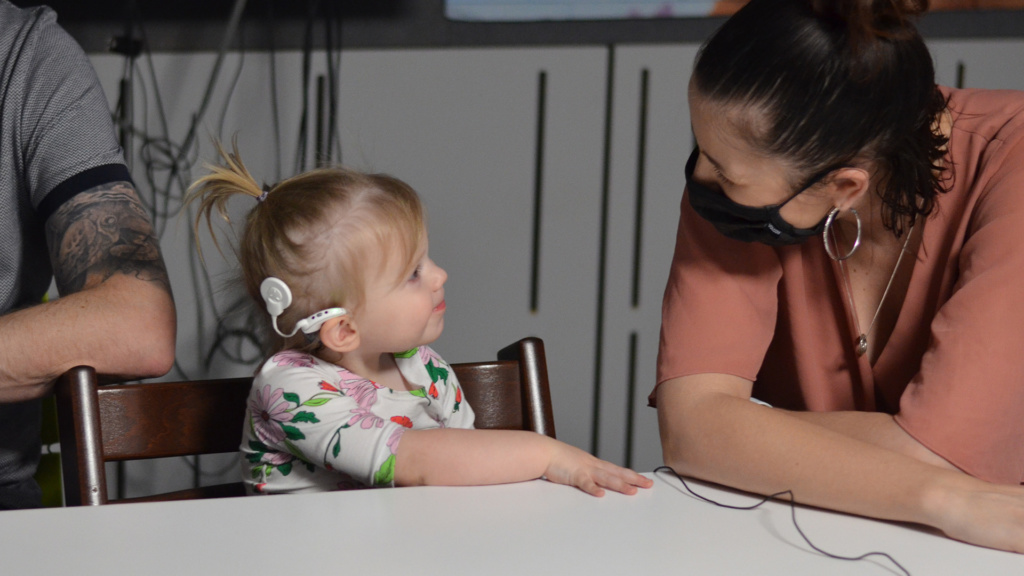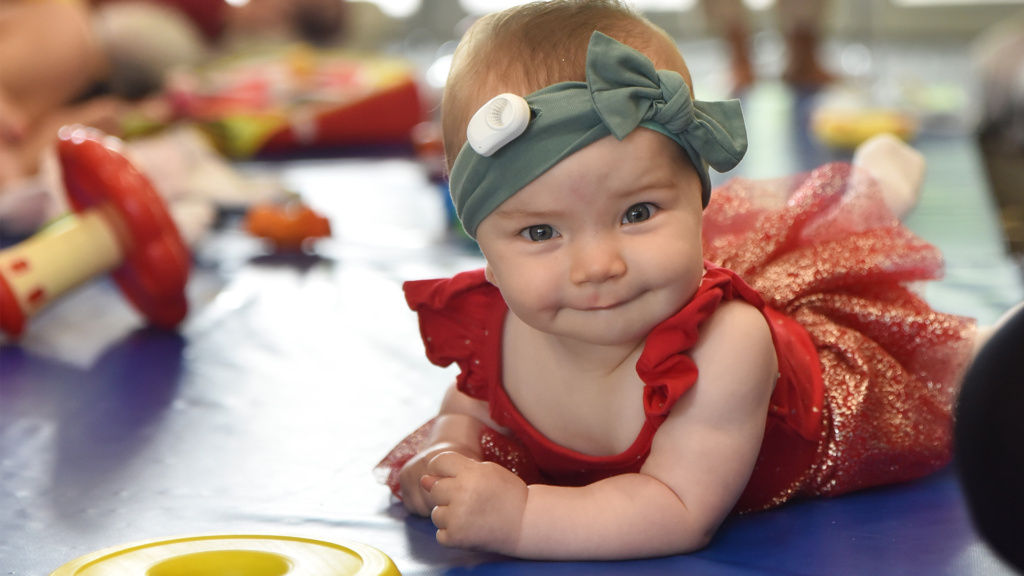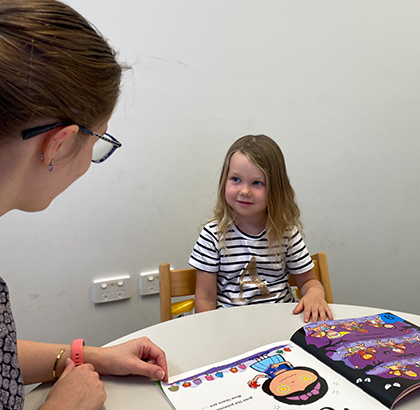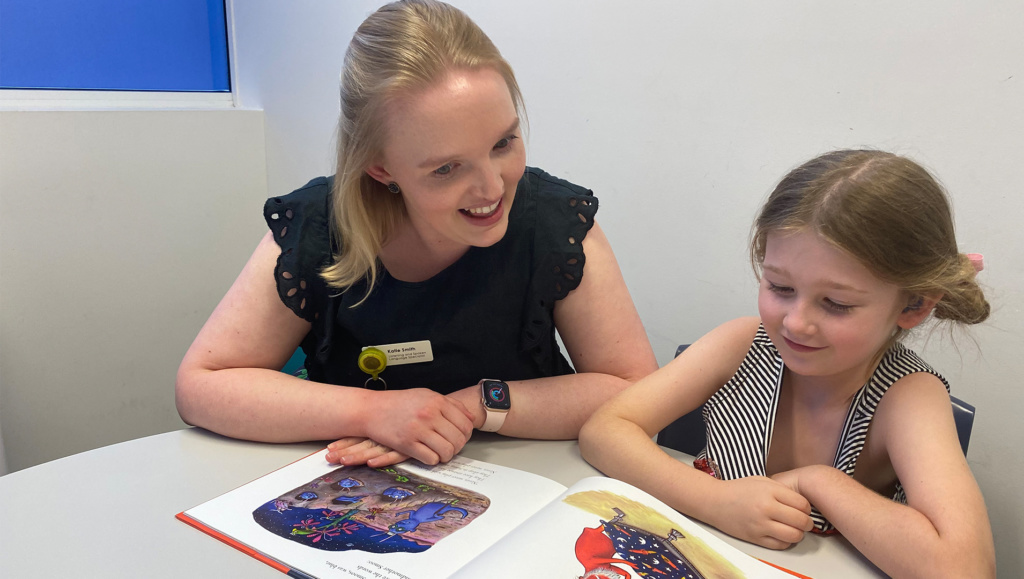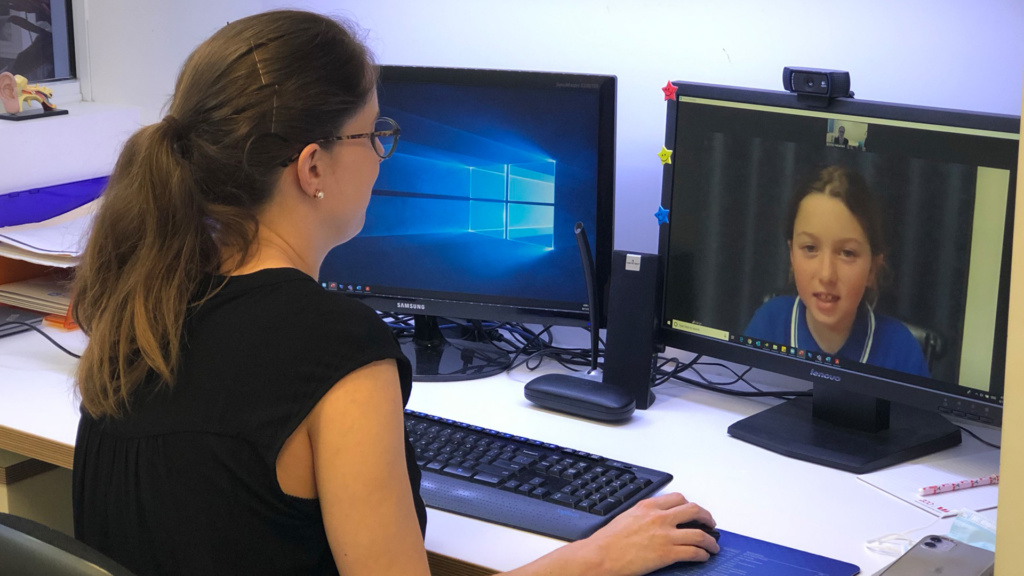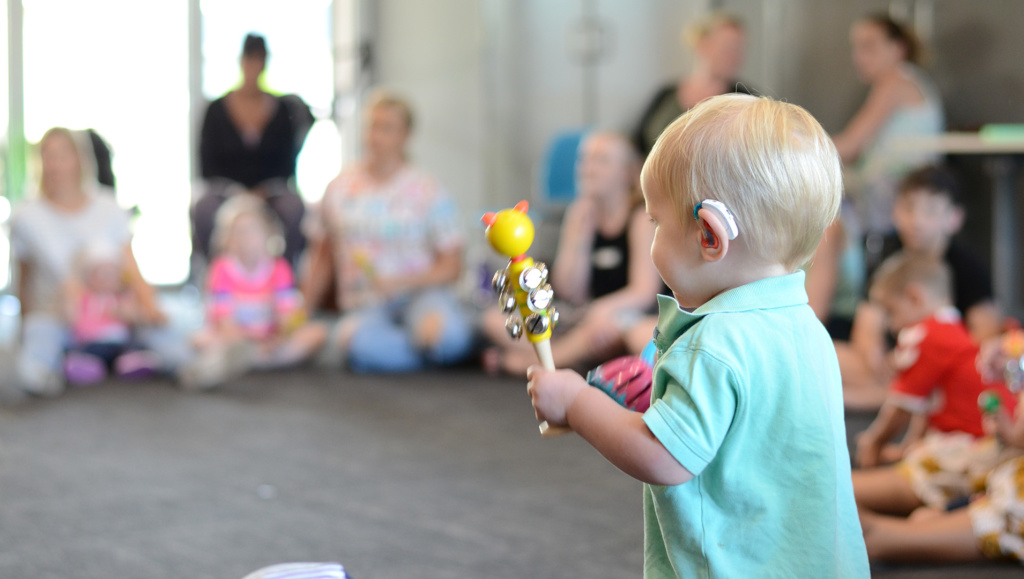For children who may be experiencing speech and language developmental delays there are a few signs to watch for. Sometimes it can be hard to know whether a child is taking slightly longer to hit a milestone than their peers or if they're possibly experiencing communication difficulties. Below are some key signs of speech and language delay to look out for in their first two years:
Not saying individual words by 15 months of age
Not saying two words together by the time they're two
Has trouble when following instructions
Finds it difficult to put words together in a sentence
Leaves some words out of sentences
Finding it hard to articular or understand what is being said to them, even basic instructions
Any speech is unclear or hard to understand

